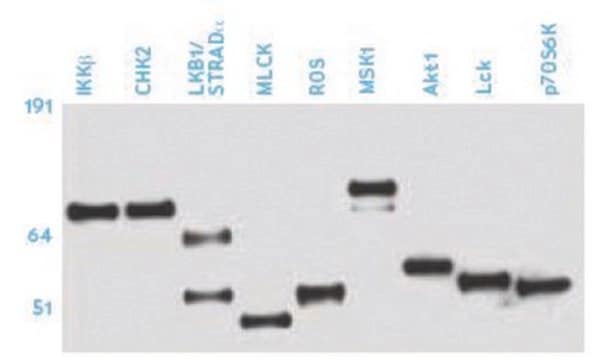131709
Pyrrole
reagent grade, 98%
Synonym(s):
Azole, Divinylenimine, Imidole
About This Item
Recommended Products
grade
reagent grade
Quality Level
vapor density
2.31 (vs air)
Assay
98%
form
liquid
refractive index
n20/D 1.508 (lit.)
bp
131 °C (lit.)
mp
−23 °C (lit.)
density
0.967 g/mL at 25 °C (lit.)
storage temp.
2-8°C
SMILES string
c1cc[nH]c1
InChI
1S/C4H5N/c1-2-4-5-3-1/h1-5H
InChI key
KAESVJOAVNADME-UHFFFAOYSA-N
Looking for similar products? Visit Product Comparison Guide
General description
Application
Signal Word
Danger
Hazard Statements
Precautionary Statements
Hazard Classifications
Acute Tox. 3 Oral - Acute Tox. 4 Inhalation - Eye Dam. 1 - Flam. Liq. 3
Storage Class Code
3 - Flammable liquids
WGK
WGK 2
Flash Point(F)
96.8 °F - closed cup
Flash Point(C)
36 °C - closed cup
Personal Protective Equipment
Certificates of Analysis (COA)
Search for Certificates of Analysis (COA) by entering the products Lot/Batch Number. Lot and Batch Numbers can be found on a product’s label following the words ‘Lot’ or ‘Batch’.
Already Own This Product?
Find documentation for the products that you have recently purchased in the Document Library.
Customers Also Viewed
Articles
From Form to Function: Molding Porous Materials in Three Dimensions by Colloidal Crystal Templating
From Form to Function: Molding Porous Materials in Three Dimensions by Colloidal Crystal Templating
From Form to Function: Molding Porous Materials in Three Dimensions by Colloidal Crystal Templating
From Form to Function: Molding Porous Materials in Three Dimensions by Colloidal Crystal Templating
Our team of scientists has experience in all areas of research including Life Science, Material Science, Chemical Synthesis, Chromatography, Analytical and many others.
Contact Technical Service














